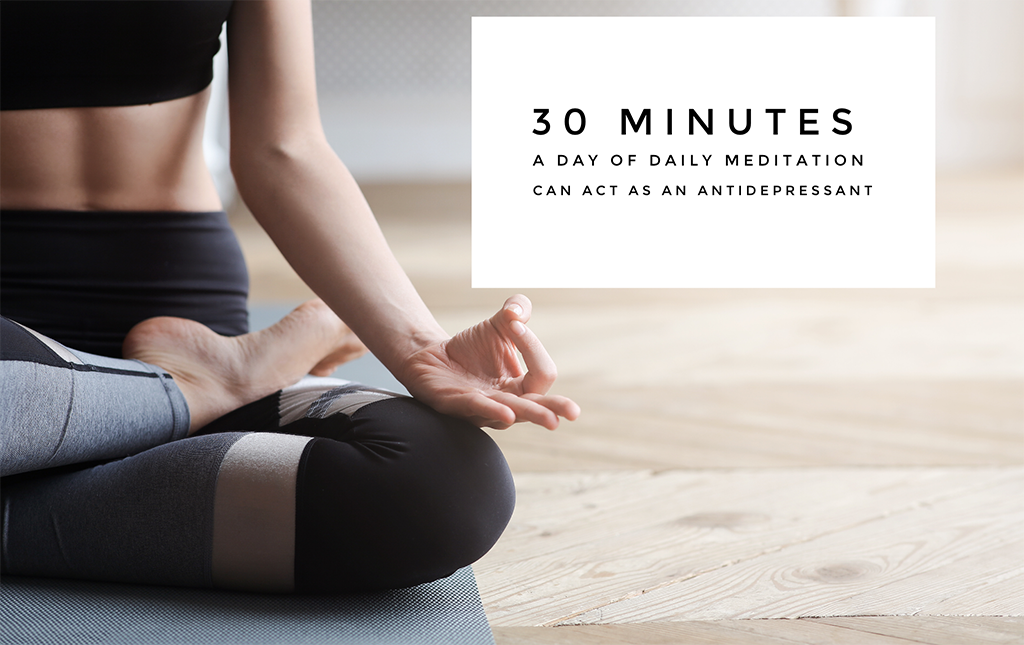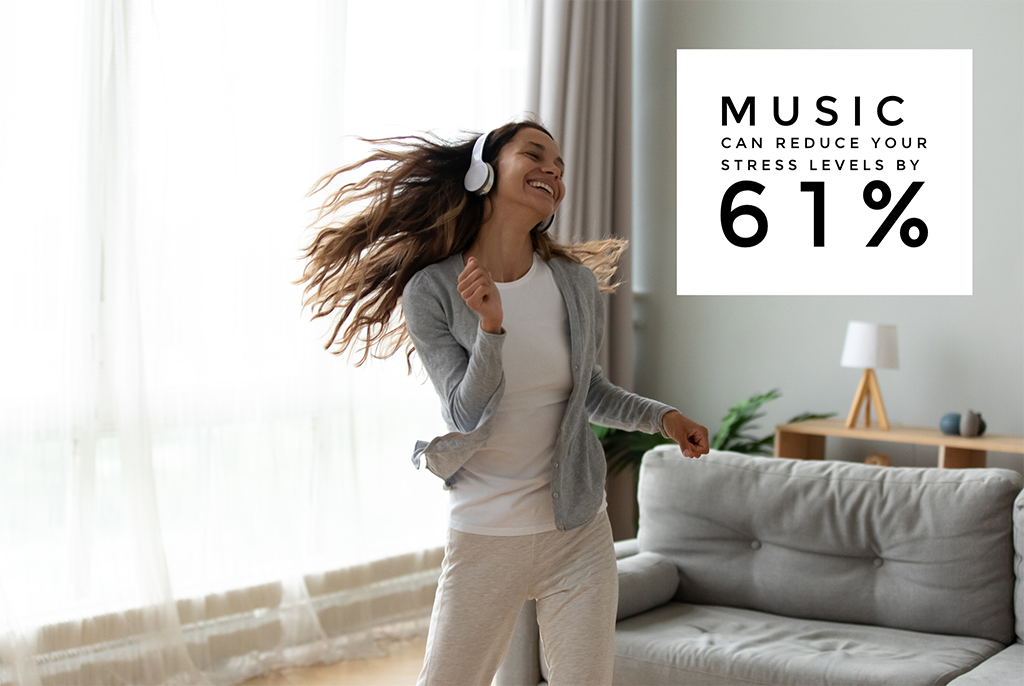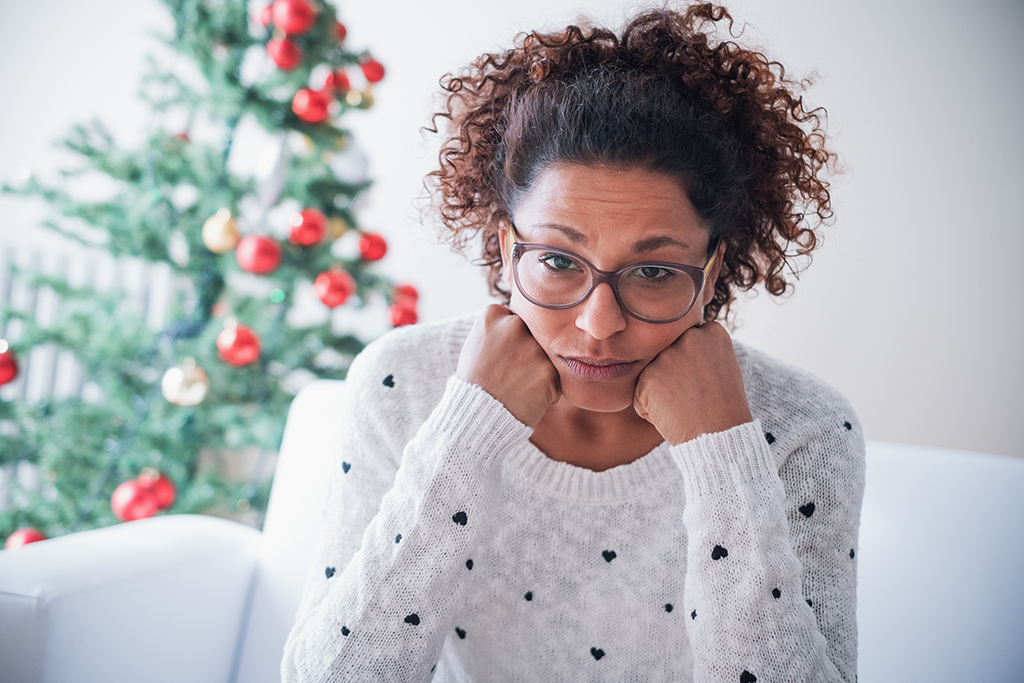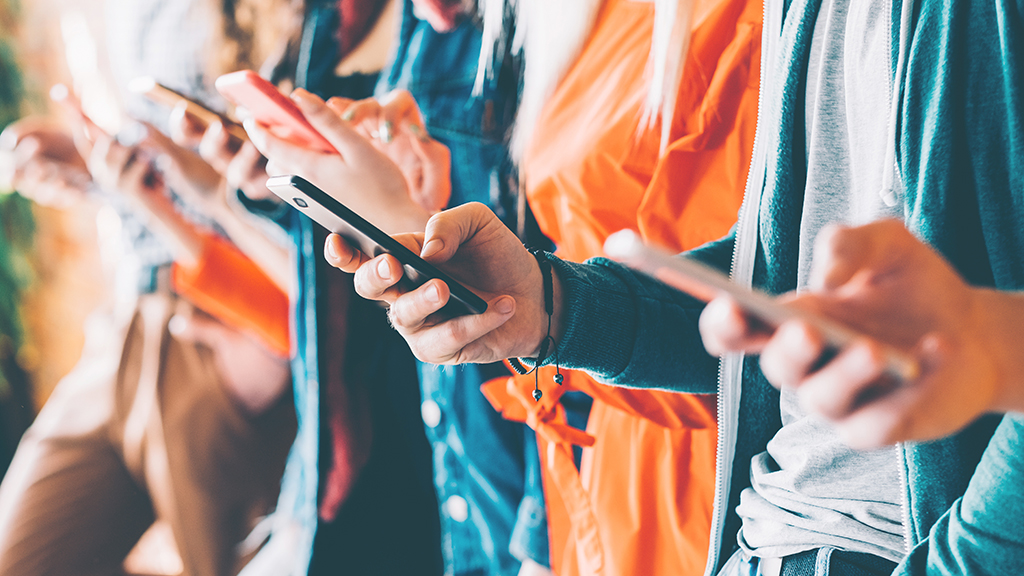Reviewed By:
Anxiety is the world's most common mental health issue. These natural remedies help you achieve a calmer, quieter mind.
Table Of Contents
As the world faces continued anxiety over COVID-19, anxiety has become its most common mental health issue. More than 40 million adults suffer from depression and anxiety-related mental illnesses, according to the Anxiety and Depression Association of America, and the number has skyrocketed amidst the pandemic. According to the 2021 State of Mental Health in America, nearly twice as many people sought help for anxiety this year over last. Thankfully, there are many ways to address anxiety. In addition to professional treatment, natural remedies for anxiety can be very effective.
First, let’s look at different kinds of anxiety disorders and their prevalence in the United States:
Generalized Anxiety Disorder – 6.8 million adults (3.1% of the population)
Panic Disorder – 6 million adults (2.7%)
Social Anxiety Disorder – 15 million adults (6.8%)
Specific Phobias – 19 million adults (8.7%)
Obsessive Compulsive Disorder (OCD) – 2.2 million adults (1%)
Post-traumatic Stress Disorder (PTSD) – 7.7 million adults (3.5%)
These numbers reveal the commonplace nature of anxiety. If you don’t suffer yourself, you likely have a friend, colleague, or loved one who does. Living with an anxiety disorder is a challenge. Those who suffer may fear non-threatening situations, struggle with intrusive nervousness and indecisiveness, or have difficulty interacting with others in everyday life.
Professional counseling, particularly cognitive behavioral therapies, help with many anxiety disorders, but there are natural ways to cope as well. Learning to naturally manage anxiety and stress combines strategies that allow both mind and body to work in concert. Here are seven natural remedies for anxiety you can try right now:
Resonant Breathing
One of the most effective natural remedies for anxiety, resonant breathing can calm anxiety and create a more relaxed state. The 4-7-8 breathing technique focuses on bringing in more oxygen to the lungs, while making each breath more intentional. Here’s how to do it in four easy steps:
1: Empty the lungs of air.
2: Breathe in quietly through the nose for 4 seconds.
3: Hold the breath for a count of 7 seconds.
4: Exhale forcefully through the mouth, pursing the lips and making a “whoosh” sound, for 8 seconds.
Repeat the cycle up to four times. As you exhale, imagine your cares, worries, and negative thoughts leaving your body with the breath. These or similar visualizations can help decrease anxiety.
It is enough to take three deep breaths at a time. Breathing deeply for too long can lead to dizziness, because of the extra oxygen taken in and exhaling too much carbon dioxide. The three breaths can be repeated after a short time of breathing normally.
Have questions about anxiety?
Call us at 855-430-9426 to speak with a recovery specialist.
Meditation
Meditation is often cited among natural remedies for anxiety. And for good reason — it works. A main goal of meditation is to remove chaotic thoughts from your mind and replace them with a sense of calm and mindfulness of the present moment. Meditation and mindfulness known for relieving stress and anxiety. Research from Johns Hopkins University suggests 30 minutes of daily meditation may alleviate some anxiety symptoms and also acts as an antidepressant.

Self-talk
Another strategy is to become aware of “negative self-talk” and replace it with “coping self-talk.” Instead of negative thoughts like, “I can’t do this; it’s just too hard,” change your mantra to something more positive: “This is difficult, but I can get through it.”
It can be helpful to think of your mind like a record player. Sometimes you need to change the broken record. It is also useful to make a list of the negative thoughts that occur frequently, and to write a list of positive, believable thoughts to replace them. If you struggle with positive self-talk, cognitive behavioral therapy can give strategies to pause negative thought patterns and reframe situations in a more productive light.
Entertainment
Entertainment has also been shown to naturally reduce anxiety. In a recent experiment, researchers at the University of Sussex in the United Kingdom used exercises to stress out participants. They then attempted to reduce stress levels using various forms of entertainment.
The results showed that:
- reading reduced stress levels by 68 percent from their highest level
- listening to music reduced stress by 61 percent
- having a hot drink led to a reduction of 54 percent
- taking a walk reduced stress levels by 41 percent
Other helpful distractions include watching a favorite movie, calling a friend, or taking a hot bath. It can be helpful to think of “entertainment” as self-care. When you take part in activities you enjoy, you allow your dopamine levels to rise naturally, which reduces anxiety.

Sleep
Insomnia is a common symptom of anxiety. Making sleep a priority by only sleeping at night when you’re tired, and making your bedroom a sleep-only space. If you read or watch television at night, keep these activities in a separate room. Likewise, refrain from looking at a phone, tablet, or computer in bed. The light from screens can trigger your body’s “wake” response.
If you have difficulty sleeping, it can also help to get up and go to another room until you feel sleepy. In these cases, go ahead and read a book, or watch TV — just make sure that when you head back to sleep, you’re returning to a quiet, dark bed. You may also want to avoid caffeine, large meals, and nicotine before bedtime, which can cause restlessness and anxiety. If you’re really struggling, you may want to consider an over-the-counter supplement, such as melatonin. Just be careful to understand the potential for melatonin overdose.
Have questions about addiction?
Call us at 855-430-9426 to speak with a recovery specialist.
Nutrition
Your nutrition, or lack thereof, can also impact feelings of anxiety. Low blood sugar levels, dehydration, or chemicals in processed foods such as artificial flavorings, artificial colorings, and preservatives may cause mood changes in some people. A high-sugar diet may also impact temperament. If your anxiety worsens after eating, check your eating habits. Stay hydrated, eliminate processed foods, and eat a healthy diet rich in complex carbohydrates, fruits and vegetables, and lean proteins.
If you have chronic anxiety, caffeine may cause nervousness and jitters, neither of which is good if you’re anxious. Research has shown caffeine may cause or worsen anxiety disorders. It may also cause panic attacks in people with panic disorder.
Aromatherapy
Aromatherapy uses fragrant essential oils to promote health and well-being. The oils may be inhaled directly or added to a warm bath or diffuser. Studies have shown that aromatherapy helps relaxation, helps sleep, boosts mood and reduces heart rate and blood pressure. Some essential oils used to relieve anxiety are:
- bergamot
- lavender
- clary sage
- grapefruit
- ylang ylang
The above natural remedies for anxiety are a good place to start when you’re feeling anxious, but many people also need professional help. Anxiety can interrupt the basic rhythms and tasks of life, so increased anxiety may require therapy or prescription medication. It is important to remember that anxiety is an all-too-common problem, but there are multiple natural and professional methods to help you return to a calmer, more goal-centered life.
Have questions about addiction?Chat with one of our recovery specialists now.


